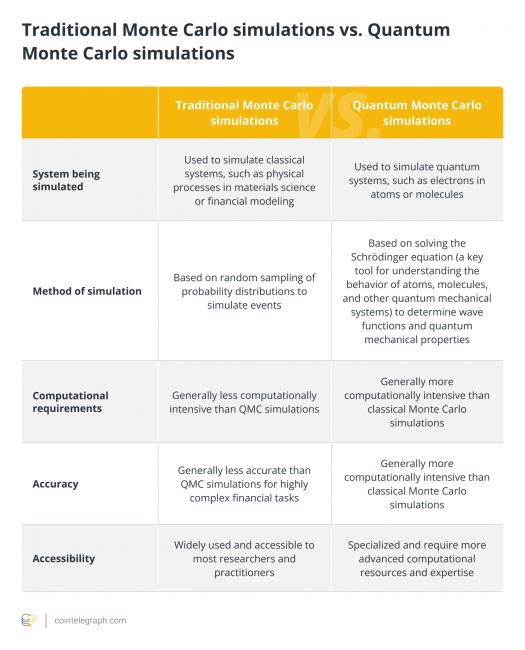How does quantum computing help the finance industry?
QCs are only in the developmental stage; experiments are already showing their great potential in the finance industry.
Based on the World Economic Forum’s estimate from 2022, national governments have invested more than $25 billion in quantum computing research, and over $1 billion in venture capital deals were closed in the previous year. Quantum computers (QCs) are in the early stages of development, and there are many technical challenges that need to be overcome before they can become practical tools for everyday use.
Nevertheless, they have already demonstrated great potential for applications in a wide range of fields. QCs have the ability to solve complex mathematical problems exponentially faster than classical computers, making them ideal for several complex tasks. The finance industry is one of the first runners in testing the technology. However, from the military to pharmaceuticals, logistics and manufacturing companies, several industries are experimenting with QC.
The mentioned features of QCs can have an enormous impact on the future of financial services. There are several tasks where financial forecasting and financial modeling can be supported by QCs for faster and more accurate processes. Notably, portfolio optimization, risk management and asset pricing are some of the most mentioned examples. However, their potential advantages and threats to cryptography make it important for financial service providers to monitor the technology.
Collaboration is crucial in the area of QCs due to the fact that technology and software development enable the revolution. Accelerating programs are initiated by the largest tech companies for experimentation with their hardware, software or cloud solutions, such as IBM, Microsoft, Google or Amazon.
Goldman Sachs has partnered with Microsoft Azure Quantum to explore the use of QCs for pricing. JPMorgan is experimenting with quantum solutions for optimization and risk management. HSBC announced its collaboration with IBM in 2022 to explore the use of QCs for pricing, portfolio optimization and risk mitigation.




